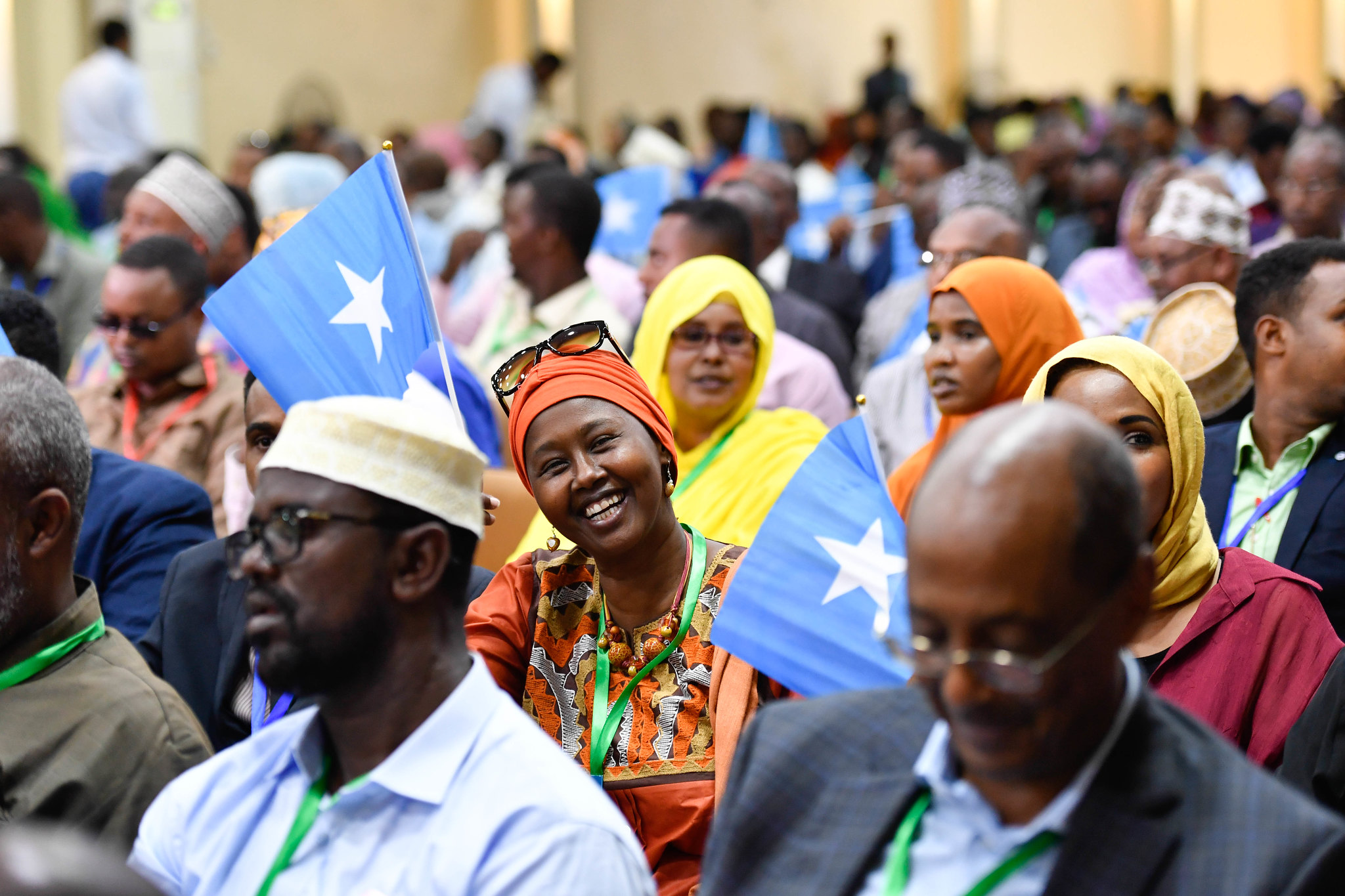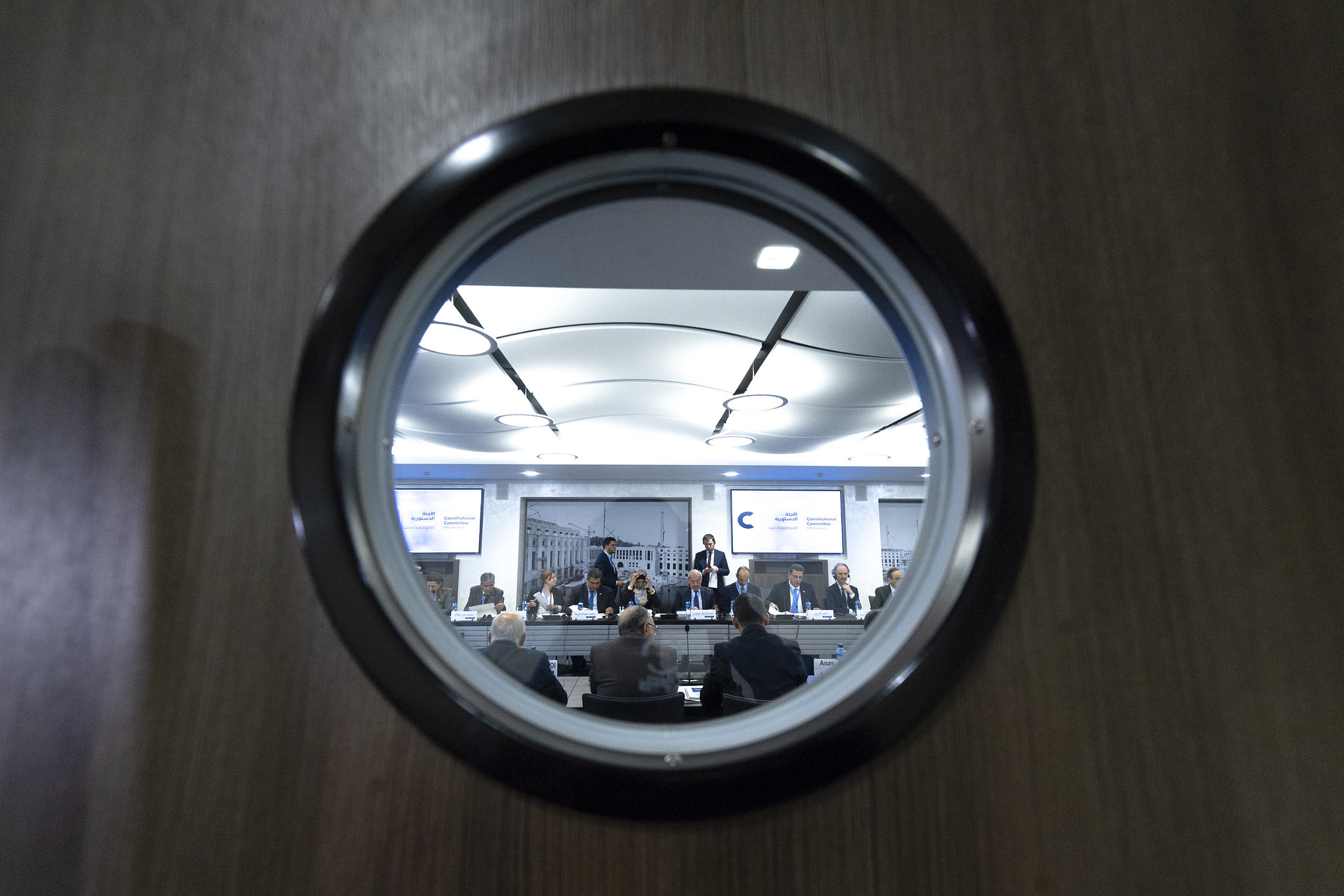The resolution of large-scale internal conflicts nearly always involves some form of renegotiation of access to public power and resources, and/or recognition and autonomy for specific societal groups. As a result, whether it be in South Sudan or Syria, Mali or Myanmar, processes of constitutional reform are intertwined with, and often at the heart of, conflict mediation.The Secretary General’s Guidance Note on UN Constitutional Assistance (updated in 2020) recognizes constitution making assistance as integral to an overall conflict prevention, conflict resolution and peacebuilding strategy. Yet, mediators are often unfamiliar with good practices and common challenges in constitution making processes, and constitution making experts are commonly lacking in a broader understanding of conflict resolution processes.In order to address this, the Department of Political and Peacebuilding Affairs’ (DPPA) Mediation Support Unit (MSU), together with the Berlin-based Berghof Foundation, conducted a two-year project aimed at distilling guidance on the nexus between processes of constitution making and conflict mediation. The resulting report, titled “Constitutions and Peace Processes – A Primer” was launched in an online event on 28 January which featured a panel of experts with vast experience in UN conflict mediation and constitution making experts. Here we take a closer look at some of the key reflections, insights and recommendations emerging from the report and the discussion at the launch event.

Constitutional Issues in Peace Processes
It is not possible to divide issues into those that are always constitutional and those that are not. Politics determines what should be given constitutional status, and this naturally varies from country to country. In conflict-affected contexts, the outcome of such political bargaining is directly related to each party’s political and military weight. Mediators and parties should seek to swiftly recognize issues with constitutional relevance, and endeavour to develop a process that facilitates their resolution, which may often include incorporating constitutional issues into a peace agreement.Constitutional Change as Part of a Peace Process
A common mistake is to assume that constitutions are made in a single, formal process. Rather, they are developed over time, through many decisions in informal, semi-formal and formal settings. As framed at the launch event by Christina Murray, member of the UN Standby Team of Senior Mediation Advisors, “constitutional issues shouldn’t be siloed in peace processes; they are integral to outcomes, often happen before, outside, after the official process.”
Mediators should, therefore, be cognizant that they are required to engage with constitutional issues throughout a peace process, often beginning earlier than anticipated, to get the process started, as opposition parties may refuse to engage unless constitutional change is on the table or constitution-making may be the only forum where the parties agree to dialogue; to build agreement on transitional political arrangements or on principles for future constitutional arrangements; to assist the parties in designing a constitution-making process or help identify ways to secure the agreements reached earlier in the peace process in a new or amended constitution.
Including a Constitution-Making Process in a Peace Process: When and How?
Shifting from violent conflict to peace may require transitional political arrangements that depart from existing constitutional arrangements. In these cases, it is important to carefully consider the legal status of the transitional arrangements and their relationship to the existing constitution. Ideally, the new arrangements will have legal status, through constitutional change or, if that is not possible, other mechanisms.
With regards to constitution making for the long-term, the Primer stresses the importance of the process through which the constitutional text is developed, which typically differs from other parts of a peace process in that it has formal procedural arrangements, with special decision-making rules as well as, oftentimes, requirements for inclusion, transparency and participation. The process will be central to the legitimacy, endurance and resilience of the eventual text.

Inclusion
Inclusive processes generally enjoy greater legitimacy, credibility and constituencies of support, as well as more sustainable outcomes. As noted by then Assistant Secretary General for Africa and now Special Representative of the Secretary-General in the DRC and Head of MONUSCO, Bintou Keita,at the launch event: While efforts to broaden inclusion must start as early as possible, discussions concerning the constitution making process offer a particularly compelling opportunity to broaden inclusion as, while the peace agreement may be between conflict parties, the constitution is made in the name of ‘’We the People”.
The Panellists picked up this theme in their discussion, with Nicholas Haysom, UN Special Representative for South Sudan – urging careful consideration of when and how inclusion should be broadened, and managing expectations accordingly. The transitional period ‘’is the bridge to paradise, not paradise itself,” he said, and cautioned against “overloading the bridge too early”.
In recognition of the importance of constitution making in conflict mediation processes, since 2013 MSU has maintained a permanent in-house expert on constitutional assistance, in addition to at least one advisor on the Standby Team of Senior Mediation Advisors with focused expertise in constitution making. For more information on MSU’s constitutional assistance capacity, please visit:https://peacemaker.un.org/mediation-support-and-constitutional-assistance
Header photo: Presentation of the Transitional Constitution of the Republic of South Sudan, 2011. Photo Credit: UNMISS.
